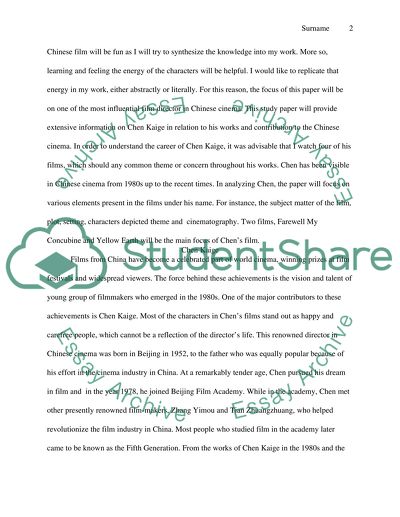Cite this document
(“Film essay Assignment Example | Topics and Well Written Essays - 2750 words”, n.d.)
Retrieved from https://studentshare.org/visual-arts-film-studies/1398477-film-essay
Retrieved from https://studentshare.org/visual-arts-film-studies/1398477-film-essay
(Film Essay Assignment Example | Topics and Well Written Essays - 2750 Words)
https://studentshare.org/visual-arts-film-studies/1398477-film-essay.
https://studentshare.org/visual-arts-film-studies/1398477-film-essay.
“Film Essay Assignment Example | Topics and Well Written Essays - 2750 Words”, n.d. https://studentshare.org/visual-arts-film-studies/1398477-film-essay.


